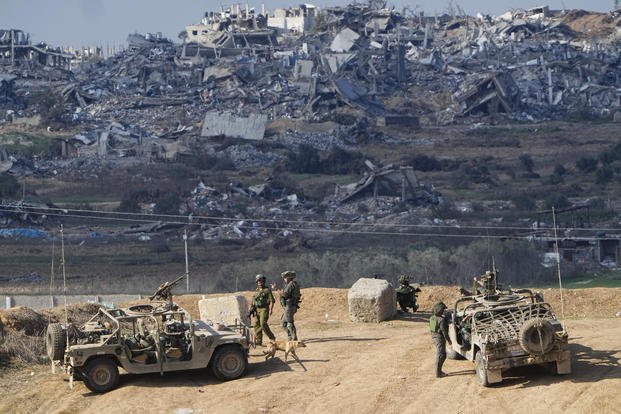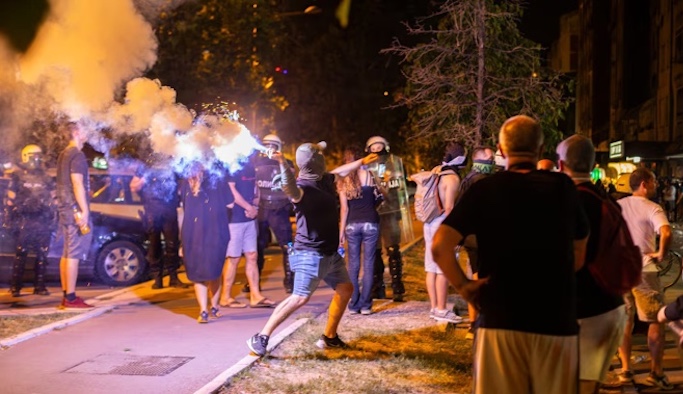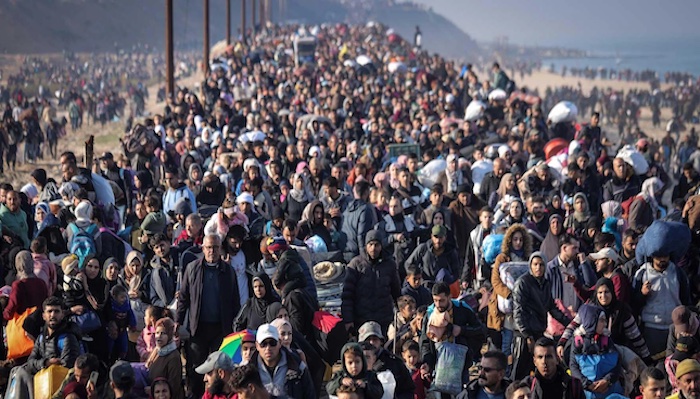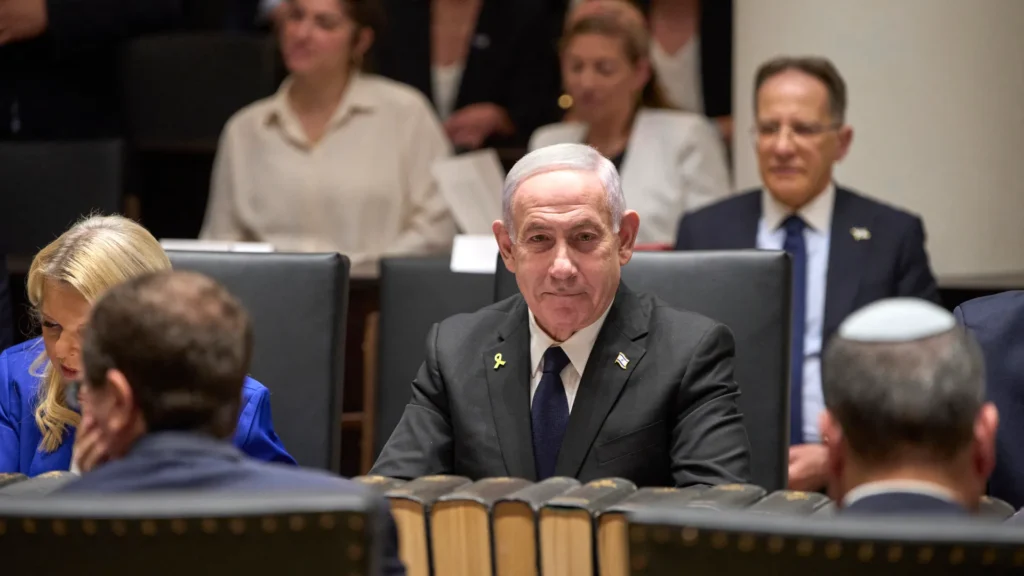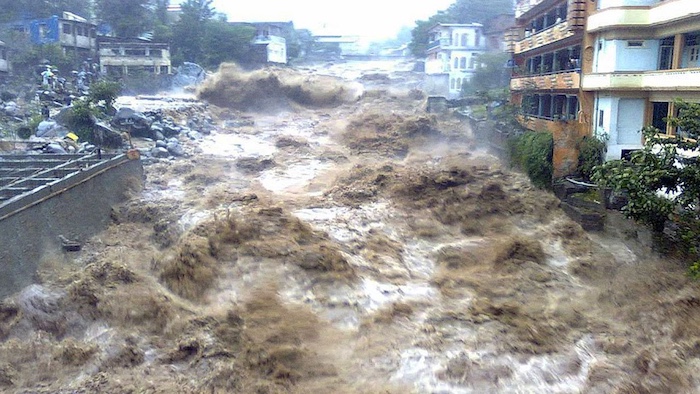Sunday marks 100 days that Israel and Hamas have been at war.
The war already is the longest and deadliest between Israel and the Palestinians since Israel’s establishment in 1948, and the fighting shows no signs of ending.
Israel declared war in response to Hamas’ unprecedented cross-border attack on Oct. 7 in which the Islamic militant group killed some 1,200 people, mostly civilians, and took 250 others hostage. It was the deadliest attack in Israel’s history and the deadliest for Jews since the Holocaust.
Israel responded with weeks of intense airstrikes in Gaza before expanding the operation into a ground offensive. It says its goal is to crush Hamas and win the release of the more than 100 hostages still held by the group.
The offensive has wrought unprecedented destruction upon Gaza. But more than three months later, Hamas remains largely intact and hostages remain in captivity. The Israeli military says the war will stretch on throughout 2024.
Here are five takeaways from the first 100 days of a conflict that has upended the region.
ISRAEL WILL NEVER BE THE SAME
The Oct. 7 attack blindsided Israel and shattered the nation’s faith in its leaders.
While the public has rallied behind the military’s war effort, it remains deeply traumatized. The country seems to be reliving Oct. 7 — when families were killed in their homes, partygoers gunned down at a music festival and children and older people abducted on motorcycles — every day.
Posters of the hostages who remain in Hamas captivity line public streets, and people wear T-shirts calling on leaders to “Bring Them Home.”
Israeli news channels devote their broadcasts to round-the-clock coverage of the war. They broadcast nonstop tales of tragedy and heroism from Oct. 7, stories about hostages and their families, tearful funerals of soldiers killed in action and reports from Gaza by correspondents smiling alongside the troops.
There is little discussion or sympathy over the skyrocketing death toll and deteriorating humanitarian situation in Gaza. Plans for postwar Gaza are rarely mentioned.
One thing has remained constant. While chastened Israeli security officials have apologized and signaled that they will resign after the war, Prime Minister Benjamin Netanyahu remains firmly entrenched.
Despite a sharp drop in his public approval ratings, Netanyahu has resisted calls to apologize, step down or investigate his government’s failings. Netanyahu, who has led the country for almost all of the past 15 years, says there will be a time for investigations after the war.
Historian Tom Segev said the war will shake the country for years, and perhaps generations, to come. He said the failures of Oct. 7 and the inability to bring the hostages home have fomented a widespread feeling of betrayal and lack of faith in the government.
AP

